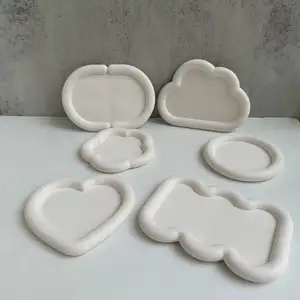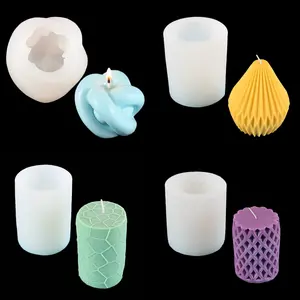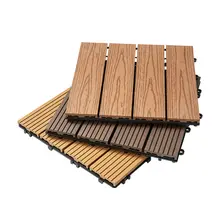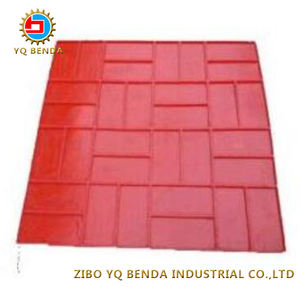Rubber Plaster Mold: An Overview
Rubber plaster molds are integral to various industries, offering versatility and precision in casting applications. These molds are crafted from elastomeric materials, such as silicone or latex, which provide exceptional detail reproduction and flexibility. The rubber molds for plaster of paris are particularly favored for their durability and ease of use, making them a staple in both commercial and creative settings.
Types and Materials
The types of rubber plaster moulds vary, including silicone and latex options. Silicone molds are known for their heat resistance and strength, while latex moulds for plaster of paris are celebrated for their elasticity and fine detailing capabilities. The choice of material often depends on the complexity of the design and the specific requirements of the casting process.
Applications and Features
Rubber plaster mold applications are extensive, ranging from architectural elements to decorative art. Their features include a low compression set, which ensures that the molds maintain their shape over time and under pressure. This resilience is crucial for producing consistent casts without distortion. Additionally, the thermal and chemical resistance of these molds makes them suitable for various environments and materials.
Advantages of Rubber Plaster Molds
The advantages of using rubber moulds for plaster of paris are manifold. Their strength and durability mean they can be used repeatedly, providing cost-effectiveness for businesses. The flexibility of rubber molds allows for easy demolding, which is essential for maintaining the integrity of the cast pieces. Furthermore, the non-stick nature of rubber reduces the need for release agents, streamlining the casting process.
Choosing the Right Mold
Selecting the appropriate rubber plaster moulds is crucial for achieving desired results. Factors to consider include the mold's compatibility with the casting material, the level of detail required, and the expected production volume. It's important to assess the properties of different rubber materials to ensure the mold meets the specific needs of the application.
Conclusion
In conclusion, latex plaster moulds and their rubber counterparts are essential tools in the casting industry. Their ability to produce precise, high-quality casts makes them invaluable to professionals and hobbyists alike. For those seeking to source these molds, Alibaba.com offers a platform to connect with a diverse range of suppliers, ensuring a fit for every project's requirements.








































 浙公网安备 33010002000092号
浙公网安备 33010002000092号 浙B2-20120091-4
浙B2-20120091-4